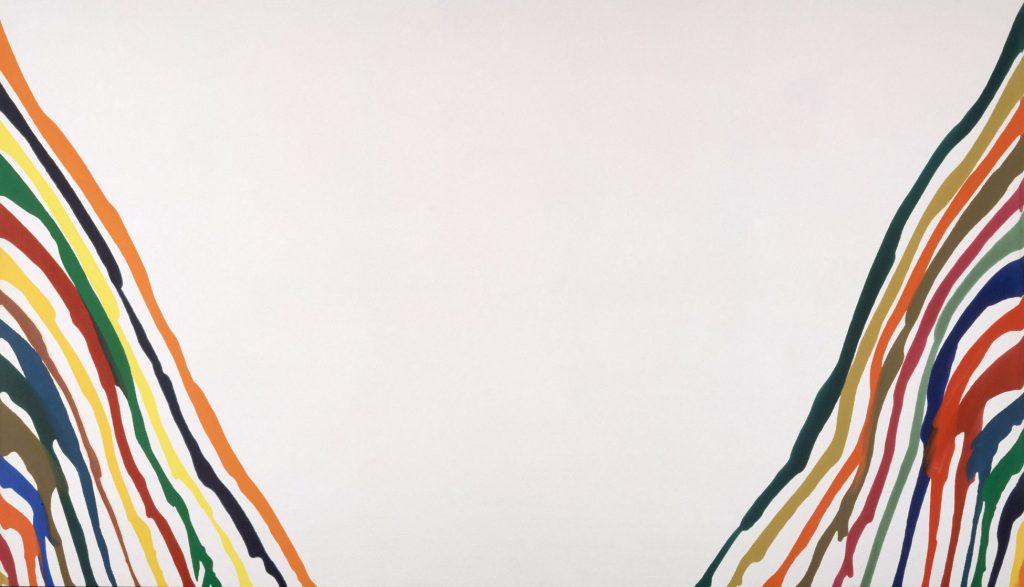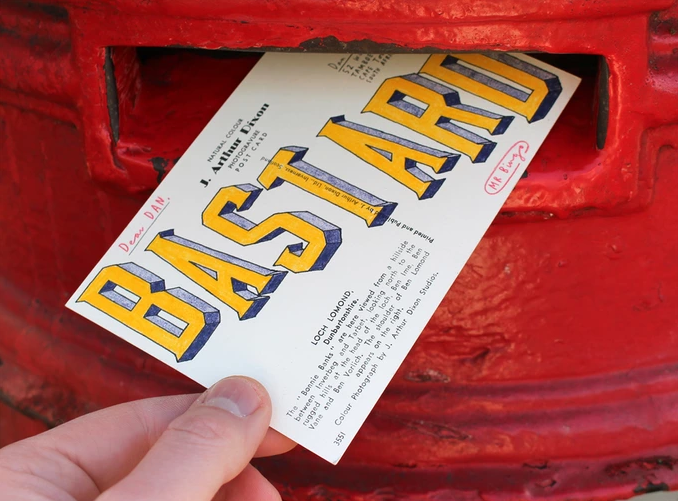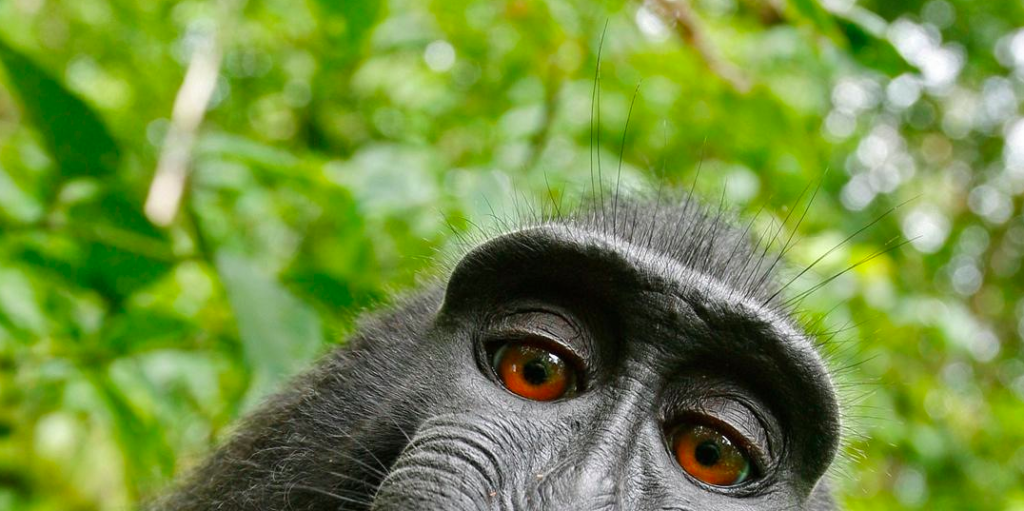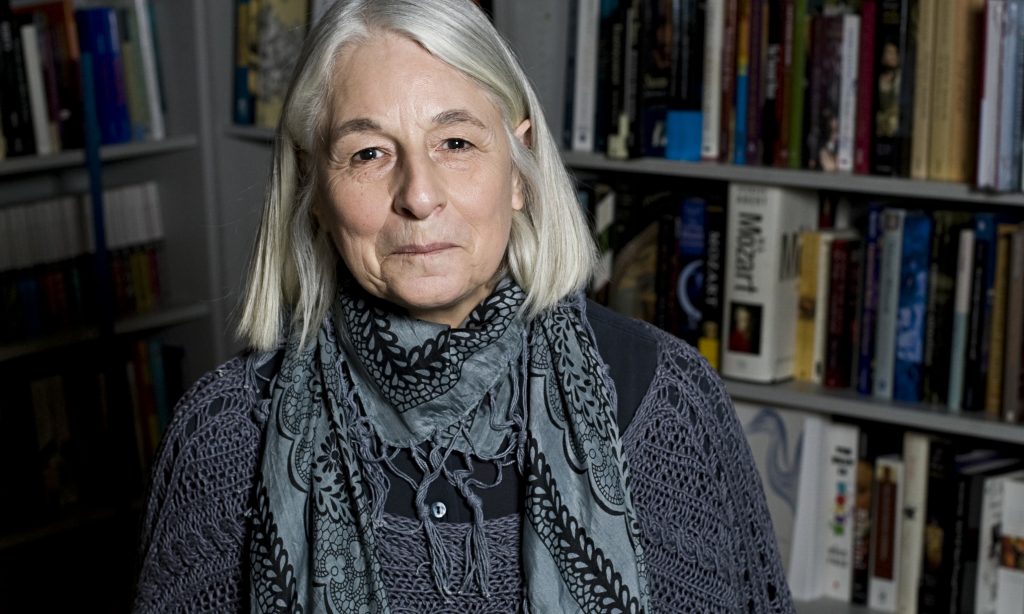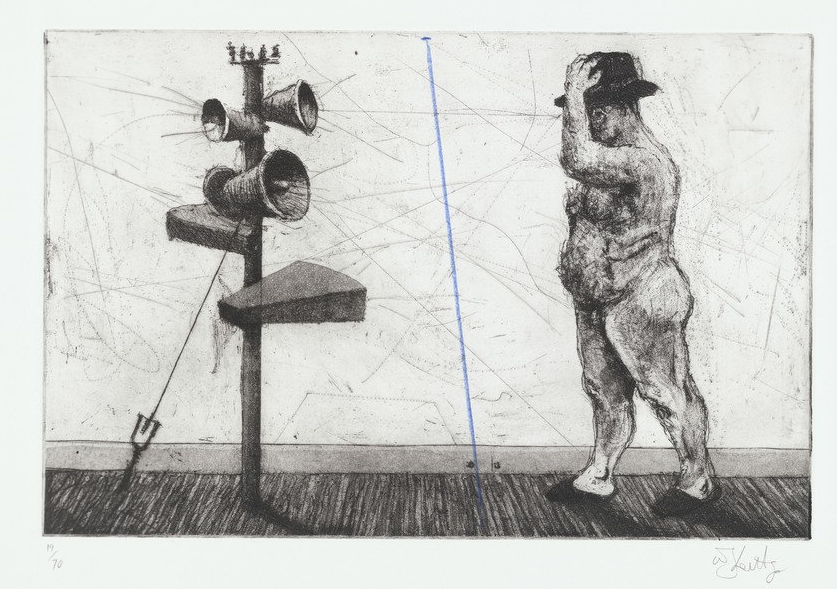“Blood and Water,” by Kelsey Ronan
When my mother fell ill during the Flint water crisis, I drove five hundred miles from Saint Louis, my new home. My mother had been among the skeptics when in April 2014 the city switched its water source from Detroit’s system to the Flint River in an alleged effort to save money.
“Blood and Water,” by Kelsey Ronan Read More »



